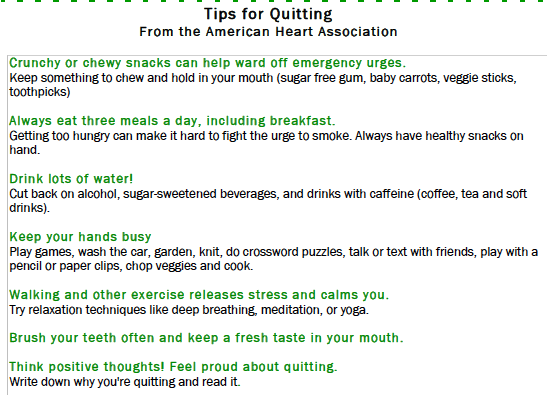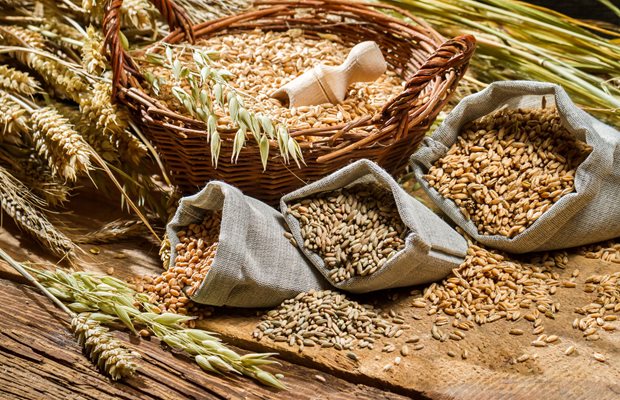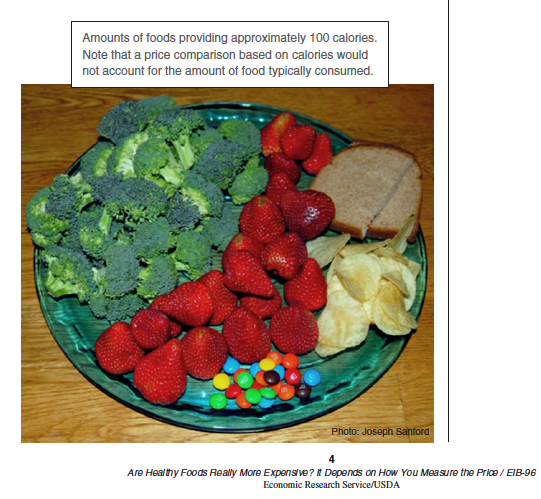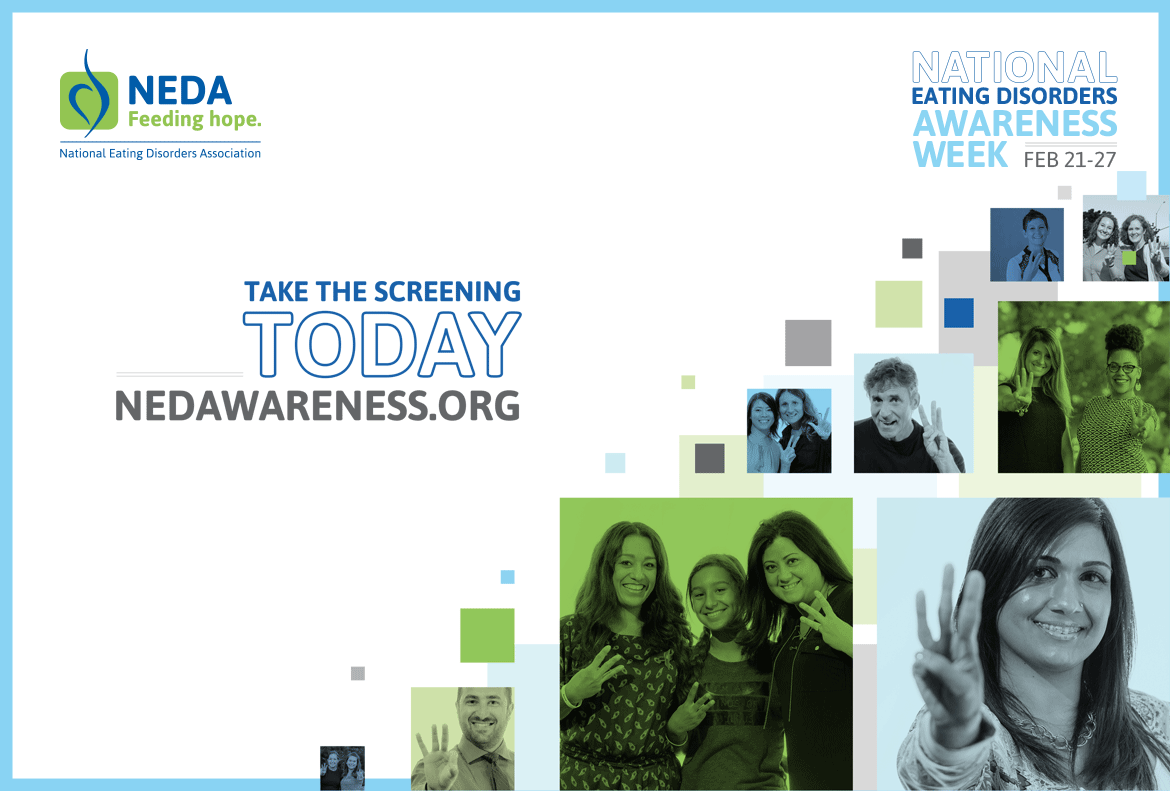We all know that smoking is “bad” for us, but what does that really mean?? This past week marked the American Cancer Society’s Great American Smokeout, an ongoing event that, since the 1970s, has aimed to challenge people to quit smoking and learn how to stay tobacco-free.

Did you know smoking puts you at risk for high blood pressure, high cholesterol, diabetes, heart disease, aneurysm, stroke, respiratory disease and most cases of lung cancer, and even cataracts
and acid reflux? Eating poorly along with smoking raises your risk for these
illnesses even more.
In my latest article in Health and Wellness Magazine I do a deep dive on the nutritional effects of tobacco use and how it negatively effects virtually every part of how your body functions. Here are some highlights:
Increased Nutritional Needs
- Research shows smokers tend to eat less nutritious diets— for example, eating more calories, saturated fat, and less fiber and vitamins than nonsmokers. At the same time, smoking depletes the body of large amounts of antioxidant nutrients like Vitamin C and E, which the body uses to combat the oxidative stress caused by toxins in tobacco smoke.
Smokers should aim for an extra 35 milligrams (mg) of vitamin C per day than nonsmokers.
The Importance of Weight Management and Physical Activity
- Studies show that smokers who are also obese (BMI of over 30) live 13 years less
than smokers who are at a healthy weight. While many smokers believe smoking
helps them lose weight, science shows that heavy smokers are more likely to be
overweight, especially around the waist, building up fat around vital organs.
Focus on whole grains, fruits, vegetables, beans, nuts, seeds—with plenty of water and enough physical activity and exercise to help keep your weight healthy and stable. A healthy weight, exercise, and eating nutritious foods help combat the damage and risk for disease caused by smoking.
An estimated 36.5 million Americans smoke cigarettes, and tobacco use is the single largest preventable cause of premature death in the world. Don’t be a statistic, COMMIT TO QUIT!

Addressing Hunger and Malnutrition
Hunger and food security are issues close to my heart—they are SOLVABLE problems that affect us both here in the United States and throughout the world. While globally we produce enough food to feed all people, [...]
The Importance of Integrative Nutrition to the Future of Dietetics
https://www.youtube.com/watch?v=GC_5zSJQi-o I just returned from a whirlwind trip to Nashville, Tennessee for the Academy of Nutrition and Dietetics' annual Food and Nutrition Conference and Expo (FNCE). I came back inspired and re-energized by all [...]
Wholesome Goodness with Whole Grains
Fall has officially knocked on our door with its crisp air and all the goodness that comes with it—can you say pumpkin spiced everything? When I think of Fall, I think of apple picking, the [...]
The Benefits of Yoga
As an integrative registered dietitian nutritionist (RDN), I think it is critical to be well-versed in three areas: the clinical/medical nutrition therapy aspect, practical culinary/cooking/shopping/preparation application, and the physical activity wellness/life balance component. I have been practicing yoga for [...]
Fad Diets: What’s Next?
I keep a journal of the questions I am asked daily (to be turned into a book one day, stay tuned!) Often dietitians encounter assumptions about nutrition and topic-related questions that may not have a [...]
Beat the Bloat!
Are you experiencing bloating, abdominal discomfort or water retention that seems to keep returning? Several contributing factors may be involved in bloating: food sensitivities, dietary choices, and lifestyle factors. Common possible sources of bloating are: [...]
Post a comment:
Related Articles
Energy and Excercise, Food and Nutrition
Energy and Excercise, Food and Nutrition
Energy and Excercise, Food and Nutrition, Media







